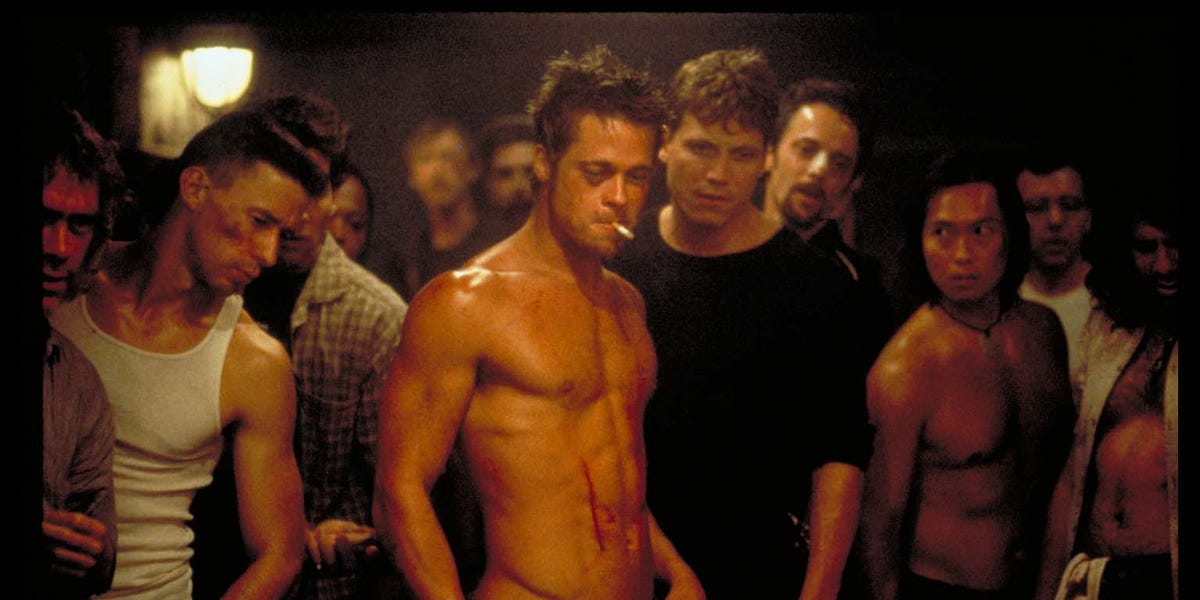In the unauthorised version shown on Tencent Video, Durden is still shot and killed, but the final scene of the buildings exploding is replaced with a black screen and words that say the police discovered the plan, stopped it, and sent the Narrator to an asylum.



It’s about an older Alex, still stuck in his ways, rethinking his life and considering “growing up,” dropping the life of crime and having a family.
Burgess was notoriously disappointed in the omission of the final chapter:
It is also to be noted that it was the 21st chapter, which he viewed as the age that we truly hit “adulthood” and that was a purposeful literary choice to appeal to the idea that Alex could grow and change.
I couldn’t tell you why it was cut, nor why Kubrick declined to use it, but American versions often have it cut.
Oh wow. That is very American to do